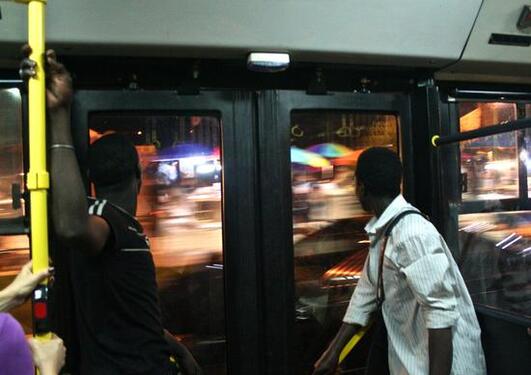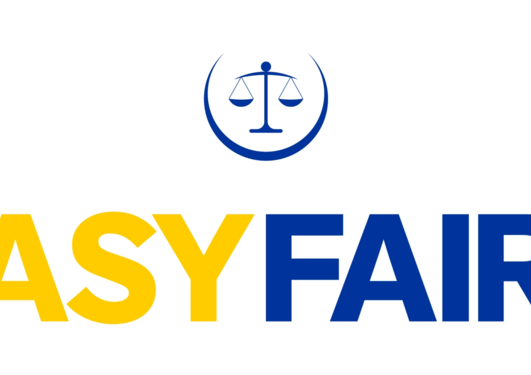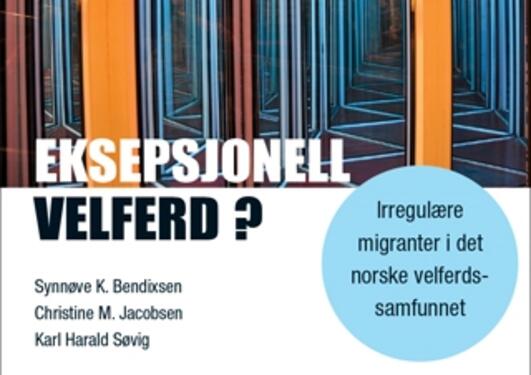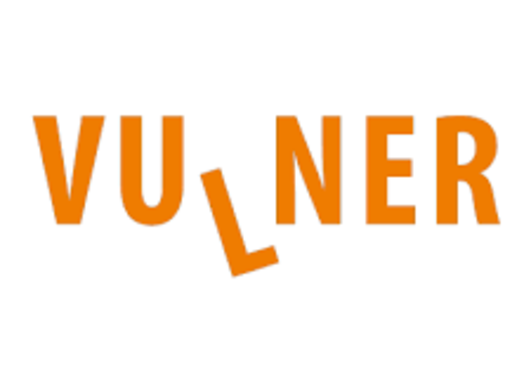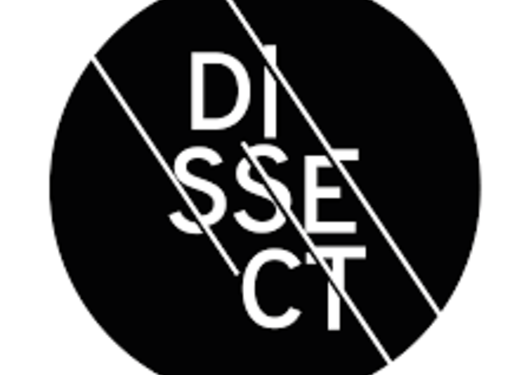Projects
Here we present a selection of interdisciplinary projects in migration research that specifically engage law and anthropology.

Main content
This list draws attention to the breadth of projects being undertaken, as well as the different ways interdisciplinarity is being addressed.
For information about some of the projects that are being/have been undertaken by the collaborators of this network, see list below:
The NFR-funded TemPro project is a collaboration between anthropologists and legal scholars in Norway, UK and Denmark that explores the effects of temporary protection in the current asylum and refugee systems.
The NFR-funded WAIT project (2016-2020) used theories of temporality and the concept of 'waitinghood' as tools for producing new and critical insights into the cultural conditions and implications of migration.
PROTECT is an EU-funded research project which studies the impact of the UN’s Global Compacts on Refugees and Migration on refugees’ right to international protection.
The EU-funded ASYFAIR project examines legal procedures used to examine asylum cases.
The NFR-funded PROVIR project (2011-2017) investigated the Norwegian welfare system's assessment of irregular migrant's rights and their actual social and health situation from a combined legal and social science approach.
The aim of the EU-funded VULNER project is to investigate what it means to be vulnerable through field studies in selected refugee settlements in Europe (Belgium, Germany, Italy, and Norway), Africa (Uganda and South Africa), the Middle East (Lebanon), and North America (Canada).
The EU-funded project DISSECT captures, through institutional and thematic case studies, the evidentiary regimes in place in the world’s three regional human rights courts and in UN human rights quasi-judicial bodies. It uses both legal and anthropological or other socio-legal research methods to do so.

